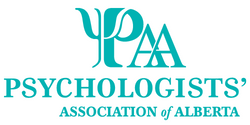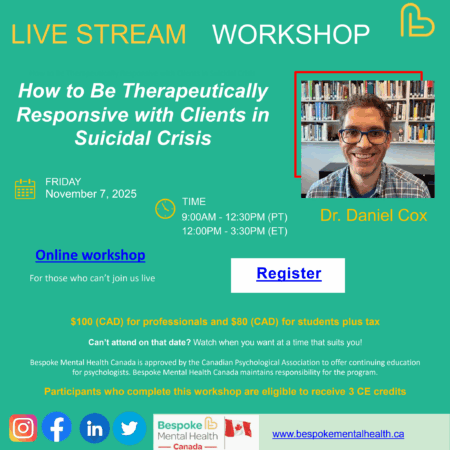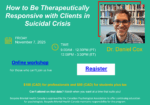How to Be Therapeutically Responsive with Clients in Suicidal Crisis
Working with clients in suicidal crisis is among the most challenging and high-stakes areas of clinical practice. Despite their best intentions, many therapists are guided by outdated assumptions or external pressures that result in interventions that are anti-responsive— failing to address clients’ distress and eroding trust in the therapeutic process. This workshop introduces evidence-based practices that prioritize therapeutic responsiveness, aligning interventions with clients’ needs, reducing suicidality, and supporting ethical and effective care.
This workshop will address critical topics, including the limitations of traditional risk assessments, the importance of collaboration and shared goals, alternatives to default hospitalization, and techniques for processing psychological distress. Emphasizing a responsive, client-focused approach, participants will gain practical tools to navigate suicidal crises with confidence, compassion, and skill. Additionally, the workshop will explore essential domains beyond client-facing strategies, including considerations for documentation and other practice-relevant processes.


